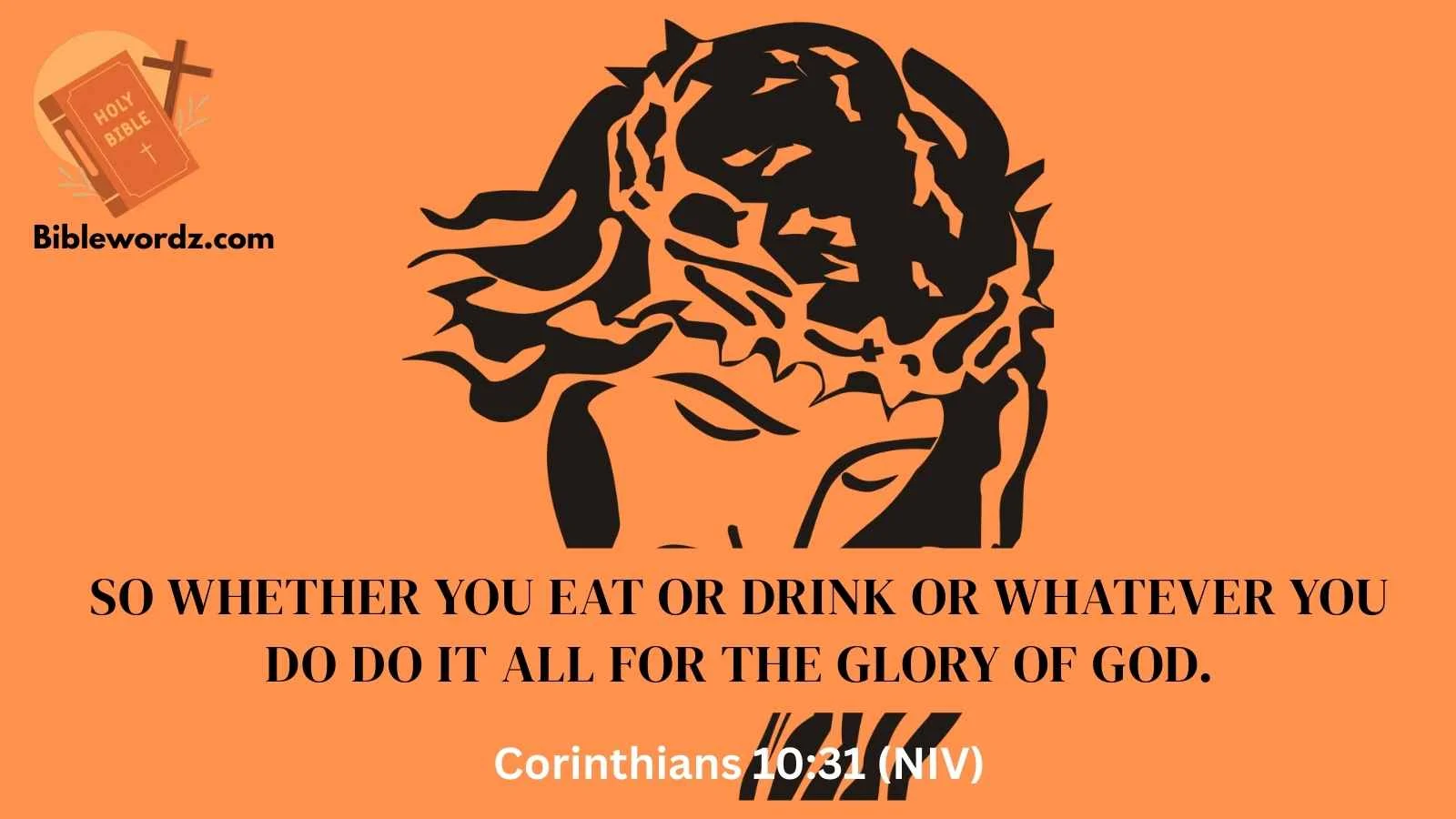The Bible provides guidance on many aspects of life, from how we should treat others to how we should live with integrity.
However, when it comes to dietary choices, particularly with foods like shrimp, many people wonder about the biblical stance.
In the Old Testament, certain foods were considered unclean according to Mosaic Law, but how do these ancient regulations apply to us today as Christians?
In this post, we’ll explore Bible verses about eating shrimp, considering both the Old and New Testament teachings.
By understanding these scriptures, we can better discern how our faith impacts the foods we consume and how we approach biblical dietary laws.
1. Leviticus 11:9-12 (NIV)
“Of all the creatures living in the water of the seas and the streams, you may eat any that have fins and scales. But all creatures in the seas or streams that do not have fins and scales, whether among all the swarming things or among all the other living creatures in the water— you are to regard as unclean.”
Leviticus outlines the dietary laws given to the Israelites, specifying that only aquatic creatures with fins and scales are clean for consumption. Since shrimp do not have fins and scales, they are considered unclean according to this Old Testament law.
Reflection: These dietary laws were part of the covenant God made with the Israelites to set them apart as a holy people. However, many Christians believe these laws no longer apply under the New Covenant through Christ.
2. Acts 10:13-15 (NIV)
“Then a voice told him, ‘Get up, Peter. Kill and eat.’ ‘Surely not, Lord!’ Peter replied. ‘I have never eaten anything impure or unclean.’ The voice spoke to him a second time, ‘Do not call anything impure that God has made clean.'”
In the New Testament, Peter has a vision where God tells him not to call any food unclean. This revelation signifies that the dietary restrictions of the Old Covenant were no longer applicable for Christians, emphasizing that God’s grace extended beyond the old laws.
Reflection: This passage suggests that Christians are no longer bound by the dietary laws in Leviticus. It opens the door to enjoying foods that were once considered unclean, including shrimp, as part of the freedom we have in Christ.
3. Mark 7:18-19 (NIV)
“‘Are you so dull?’ he asked. ‘Don’t you see that nothing that enters a person from the outside can defile them? For it doesn’t go into their heart but into their stomach, and then out of the body.’ (In saying this, Jesus declared all foods clean.)”
Here, Jesus challenges the traditional Jewish understanding of clean and unclean foods. He teaches that what we eat does not make us spiritually unclean, highlighting the importance of what is in the heart rather than external rituals.
Reflection: Jesus’ words clarify that eating shrimp or other foods previously considered unclean does not defile us spiritually. Our relationship with God is not dependent on the foods we eat but on the condition of our hearts.
4. 1 Timothy 4:3-5 (NIV)
“They forbid people to marry and order them to abstain from certain foods, which God created to be received with thanksgiving by those who believe and who know the truth. For everything God created is good, and nothing is to be rejected if it is received with thanksgiving, because it is consecrated by the word of God and prayer.”
Paul addresses false teachings about food restrictions, affirming that all food is good when received with thanksgiving. This includes foods like shrimp, which can be enjoyed by believers who trust in God’s provision.
Reflection: This passage reinforces the idea that food restrictions are no longer necessary for Christians. We are free to eat what God has made, including shrimp, as long as we receive it with gratitude.
5. Romans 14:2-3 (NIV)
“One person’s faith allows them to eat anything, but another, whose faith is weak, eats only vegetables. The one who eats everything must not treat with contempt the one who does not, and the one who does not eat everything must not judge the one who does, for God has accepted them.”
Paul encourages Christians to avoid judgment regarding dietary preferences. While some may feel convicted about eating certain foods, others are free to enjoy all foods, including shrimp, without fear of condemnation.
Reflection: This verse highlights Christian liberty in food choices. If eating shrimp aligns with your conscience, there is no need to feel guilty or ashamed. However, it’s essential to respect others’ convictions about food.
6. Colossians 2:16-17 (NIV)
“Therefore do not let anyone judge you by what you eat or drink, or with regard to a religious festival, a New Moon celebration or a Sabbath day. These are a shadow of the things that were to come; the reality, however, is found in Christ.”
Paul emphasizes that Christians should not be judged by their dietary choices, as the Old Covenant dietary laws were a foreshadowing of Christ’s fulfillment. Now that we are in Christ, the focus is on Him, not on food laws.
Reflection: This verse encourages Christians to embrace the freedom found in Christ, understanding that food choices, including eating shrimp, are no longer a matter of spiritual concern.
7. 1 Corinthians 10:31 (NIV)
“So whether you eat or drink or whatever you do, do it all for the glory of God.”
In all things, including our food choices, we are called to honor God. If eating shrimp is done with a heart of gratitude and for His glory, it becomes an act of worship.
Reflection: This verse challenges us to view even everyday activities, like eating, as an opportunity to glorify God. If shrimp is part of your meal, offer thanks and enjoy it as a gift from God.
8. Revelation 21:3 (NIV)
“And I heard a loud voice from the throne saying, ‘Look! God’s dwelling place is now among the people, and he will dwell with them. They will be his people, and God himself will be with them and be their God.'”
While not directly related to eating shrimp, this verse speaks to the ultimate fulfillment of God’s promises. The perfect, eternal kingdom of God will be a place where all things are made new, and dietary restrictions will no longer be a concern.
Reflection: The ultimate freedom from all restrictions will be realized in eternity. Until then, we can enjoy God’s creation, including the foods He provides, with gratitude and faith.
Conclusion: Living in Freedom and Gratitude
The Bible presents a shift from Old Testament dietary laws to the freedom we have in Christ.
While the Old Covenant prohibited eating shrimp and other unclean foods, the New Testament teaches that we are free to enjoy all that God has made, as long as we receive it with thanksgiving.
As believers, we are no longer bound by the law but are called to live with hearts focused on Christ and the glory of God in all we do, including what we eat.
Let’s remember that our freedom in Christ extends to all aspects of life, including our food choices.





